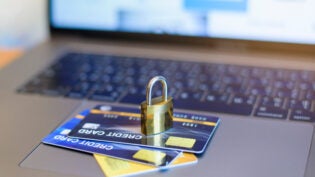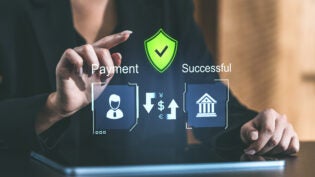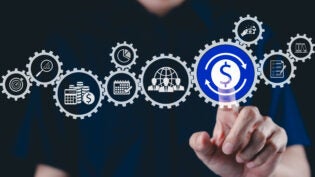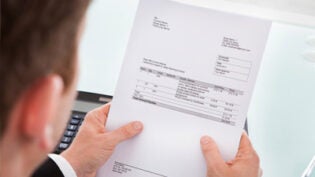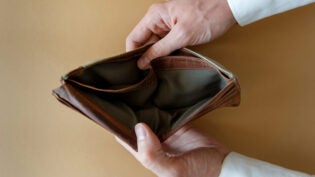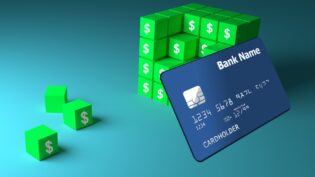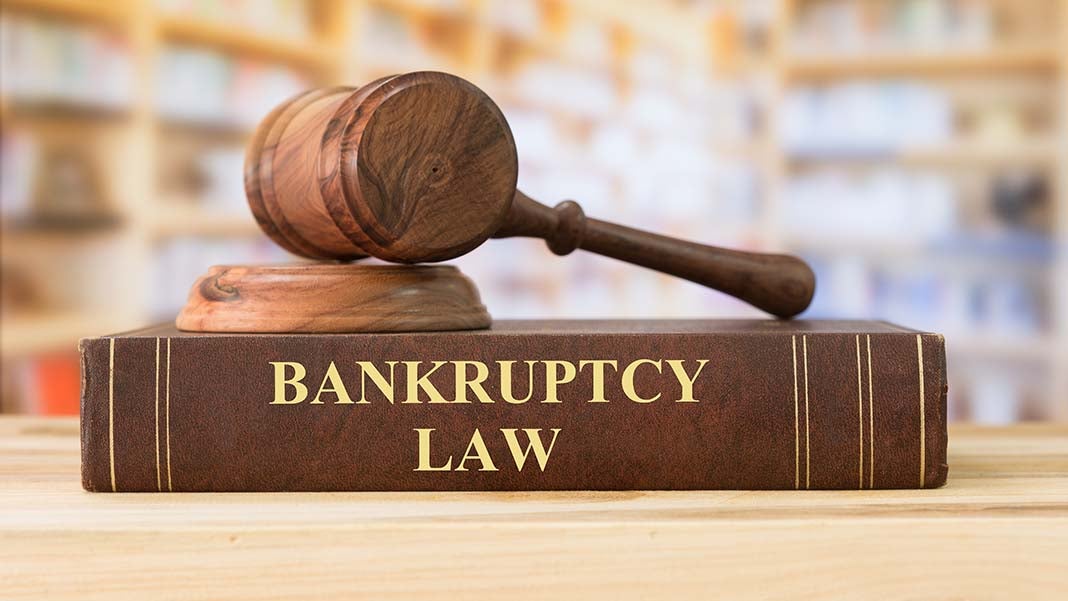
One of the most terrible things to happen to anyone is bankruptcy. If you find yourself in such a situation and are wondering what will happen to your bank accounts, and retirement accounts, on filing for bankruptcy, this article will throw some light on it.
Type of bankruptcy and its effect on financial accounts
Basically, it is the type of bankruptcy that dictates the risk to your cash assets, savings account and checking account. Knowing this will prevent you from making mistakes. The most common personal bankruptcy options before you are Chapter 7 and Chapter 13.
Let’s see the effect of these bankruptcies on your financial accounts.
Chapter 7 bankruptcy
Chapter 7 involves the liquidation of assets. In this, a trustee will take possession of all your nonexempt belongings and put them up for sale. The money, so realized, is then used to pay back as much outstanding debt as is possible. Although Chapter 7 bankruptcy does not forbid, close or garnish your checking or savings account, it can influence the status and funds in your bank account in some instances.
Following are the factors that may affect your financial accounts under Chapter 7:
- If your total bank balance is more than the permitted exemption amount.
- If you owe money to your bank in which your funds are put aside.
- If your bank has the policy to freeze bank accounts in the event of filing Chapter 7 bankruptcy. Banks like Fargo and Union Bank have such a policy.
It is crucial to ensure exemption of cash assets in your savings and checking accounts to prevent the trustee from taking them over to pay your creditors. However, there is a limit to such exemptions, and it varies from one state to another.
What dictates the exemption of your cash assets in your bank account is its source. Some states exempt funds from the paychecks, and you don’t even need to use wildcard exemption to safeguard it. However, it is advisable that before you file for bankruptcy, use the reserves in your bank account for paying essential bills, such as grocery, gas, utility, etc. Also, remember there is no exemption if you pay the bills of your kin and pals. And transferring your money to someone else’s account is deemed fraud.
It is also essential to be conversant with the bankruptcy policy of your bank before you open an account. If the bank allows administrative freeze on your bank accounts on your filing Chapter 7 bankruptcy, then such a bank is best avoided.
Another point to consider is your bank’s right to ‘set-off’ your bank account if you owe it money. This gives the bank the power to realize any liability owed to it, such as credit card payment, mortgage and the like.
Chapter 13 bankruptcy
If you plan to file a Chapter 13 bankruptcy, you can rest easy, since you are required to make repayments according to the repayment plan provided by the court. And you have the right to set automatic deduction from your bank account.
Furthermore, Chapter 13 bankruptcy allows you to keep more than the exemption amount in your bank account. Not only this, but you can also open a new bank account after taking the court’s approval. The only thing you are required to ensure is to make regular payments each month to pay back the debt within the duration of the repayment plan.
Conclusion
What happens to your bank and other accounts in the event of filing for bankruptcy is mostly dependent upon the type of bankruptcy you are planning to file. The two common types of bankruptcies—Chapter 7 and Chapter 13—have differing effects on your financial accounts.
3071 Views



